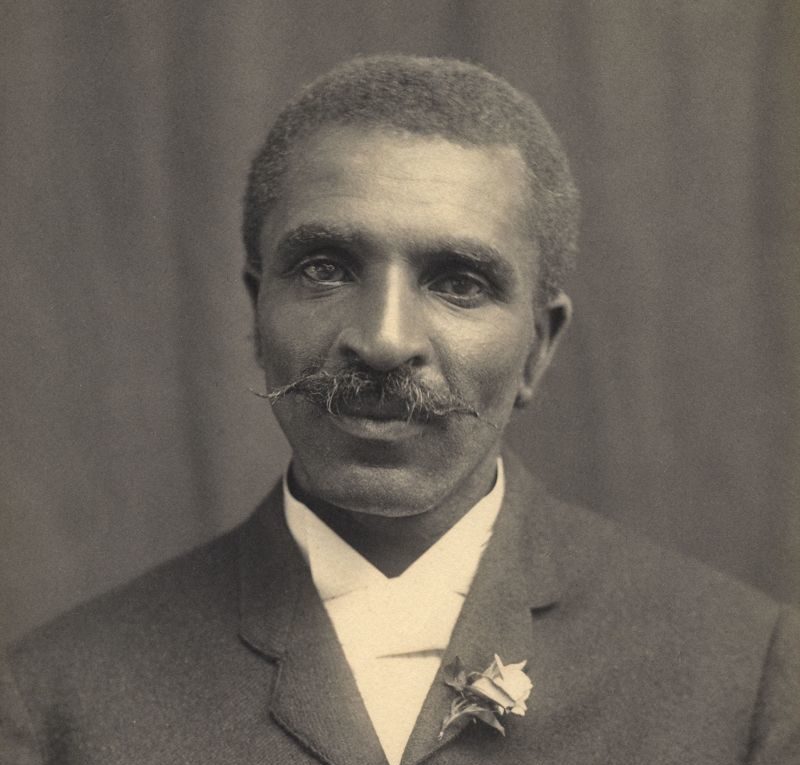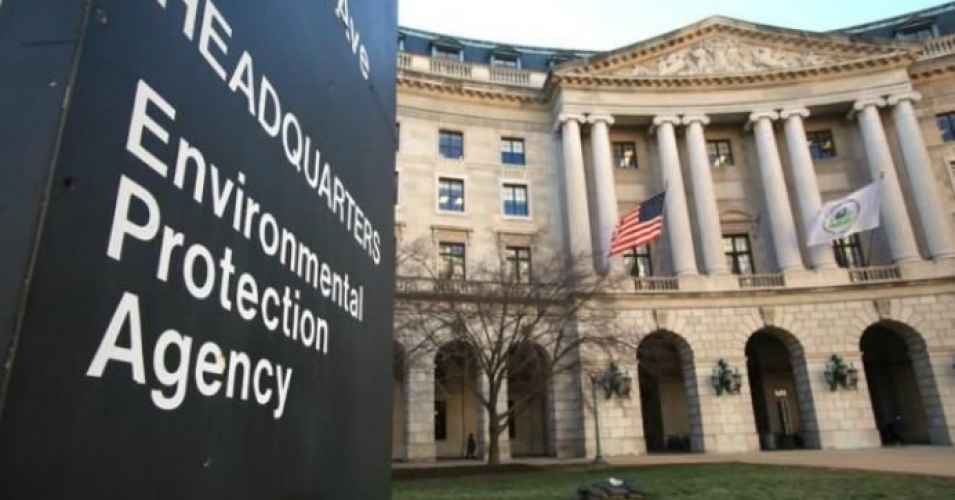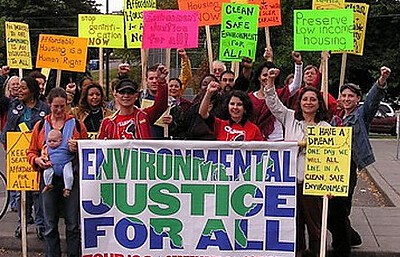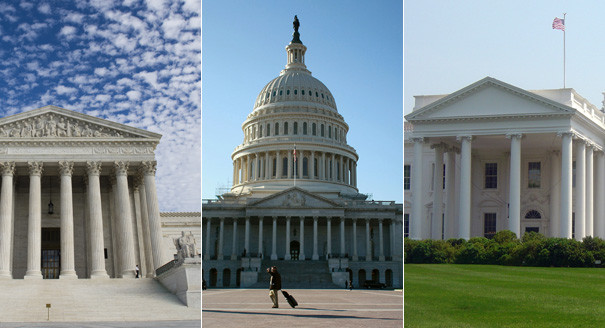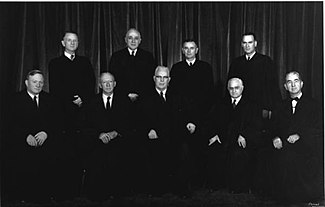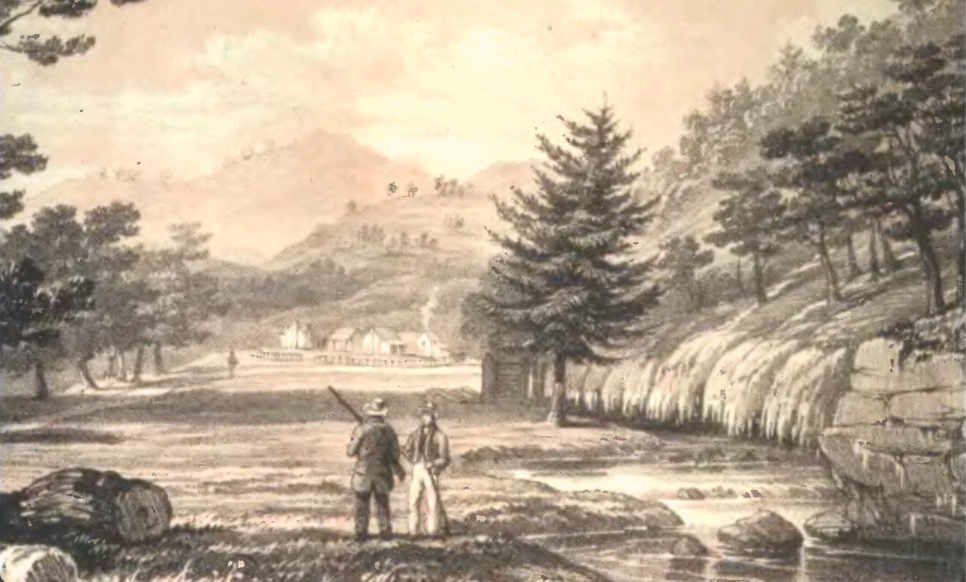Environmental History
Have We Begun the Third Age of Climate Law?
Some thoughts for Environmental History Week.
An international agreement in 1992 committed the world’s nations to addressing climate change but contained few specifics. The US ratified that agreement, but there was little concrete action here through the end of the 20th Century. As this century began, things looked optimistic, with both presidential candidates favoring reductions in carbon emissions. Promptly after taking …
Continue reading “Have We Begun the Third Age of Climate Law?”
CONTINUE READINGClimate Policy’s “Plan B”
As the initial top-down approach failed, a new approach to climate policy crystalized.
My last blog post told the story of the original top-down approach to climate policy. It was supposed to feature binding restrictions on carbon emissions in a global treaty and federal legislation. By 2012, it was plain that neither half of this “Plan A” strategy was in the offing. Building on trends that had begun …
Continue reading “Climate Policy’s “Plan B””
CONTINUE READINGThe Great-Great-Grandmother of Climate Science
Herein of the now-forgotten woman who discovered the warming effect of CO2.
The first climate science ever published was in 1856 by Eunice Newton Foote, who discovered that CO2 and water vapor trapped the sun’s heat. Her paper was read at the annual meeting of the American Association for the Advancement of Science. That paper, along with another paper of hers, were the only physics papers by …
Continue reading “The Great-Great-Grandmother of Climate Science”
CONTINUE READINGBlack Figures in Environmental History
Black figures played a role in the early years of environmentalism, before it even had a name.
Yesterday was the start of Black History Month. Last year, I posted about the contributions made by Black climate scientists. This year, I want to go back earlier in history to highlight the environmental contributions of three Black figures in much earlier times. The earliest of these figures was Solomon Brown, who was born in …
Continue reading “Black Figures in Environmental History”
CONTINUE READING50 Years Ago: Environmental Law in 1973
Five decades back, the country was in the midst of unprecedented environmental ferment.
1973 was at the crest of the environmental surge that swept the United States half a century ago. In the previous three years, Congress had passed NEPA, the Clean Air Act, and the Clean Water Act. The first EPA Administrator took office in 1971. Continuing the legislative wave, 1973 saw the passage of the Endangered …
Continue reading “50 Years Ago: Environmental Law in 1973”
CONTINUE READINGThe Emergence of the Environmental Justice Movement
The environmental justice movement is now 40 years old. Its influence is only growing.
Dr. King died in 1968, and the Civil Rights Movement had already been a powerful national presence for well over a decade. Yet it was fourteen more years until environmental justice entered the national spotlight. Environmental justice issues first received widespread attention in 1982 when protests erupted over the construction of a new waste disposal …
Continue reading “The Emergence of the Environmental Justice Movement”
CONTINUE READING30 Years of U.S. Climate Policy
Here’s a timeline of the victories and defeats since 1992.
Thirty years ago, the United States joined the U.N. Framework Convention on Climate Change (UNFCCC). The decades since then have been a saga of victories and defeats for U.S. climate policy. Progress has been made under one President, only to be battered down by the next one. This to-and-fro is a sobering reminder of how …
Continue reading “30 Years of U.S. Climate Policy”
CONTINUE READINGLearning to Name Environmental Problems
It was only in the 1960s that the Supreme Court learned to talk about “pollution” and “wilderness.”
There are Supreme Court cases going back a century or more dealing with what we would now consider environmental issues such as preserving nature or air pollution. But when did the Court start seeing filthy rivers and smokey cities as embodiments of the same problem, despite their striking physical differences? And when it did start …
Continue reading “Learning to Name Environmental Problems”
CONTINUE READINGBefore Yellowstone: The Arkansas Origin of National Parks
In a forgotten incident, Congress set aside Hot Springs in 190 years ago.
The origins of the national park system is usually traced back Lincoln’s 1864 signature of the Yosemite Grant Act. But Congress had actually had the idea of protecting extraordinary places over thirty years earlier, in Arkansas of all places. Hot Springs isn’t high on the list of American places to see, which may be one …
Continue reading “Before Yellowstone: The Arkansas Origin of National Parks”
CONTINUE READINGJim Crow and the Fossil Fuel Industry
The fossil fuel industry has yet to escape its discriminatory past.
This being Black History Month, I thought it would be worthwhile looking at the fossil fuel industry’s racial history. Given the historic concentration of the oil and coal industries in the South, it is no surprise to find that these industries have also been deeply entangled with Jim Crow and its legacy of discrimination. Oil …
Continue reading “Jim Crow and the Fossil Fuel Industry”
CONTINUE READING





